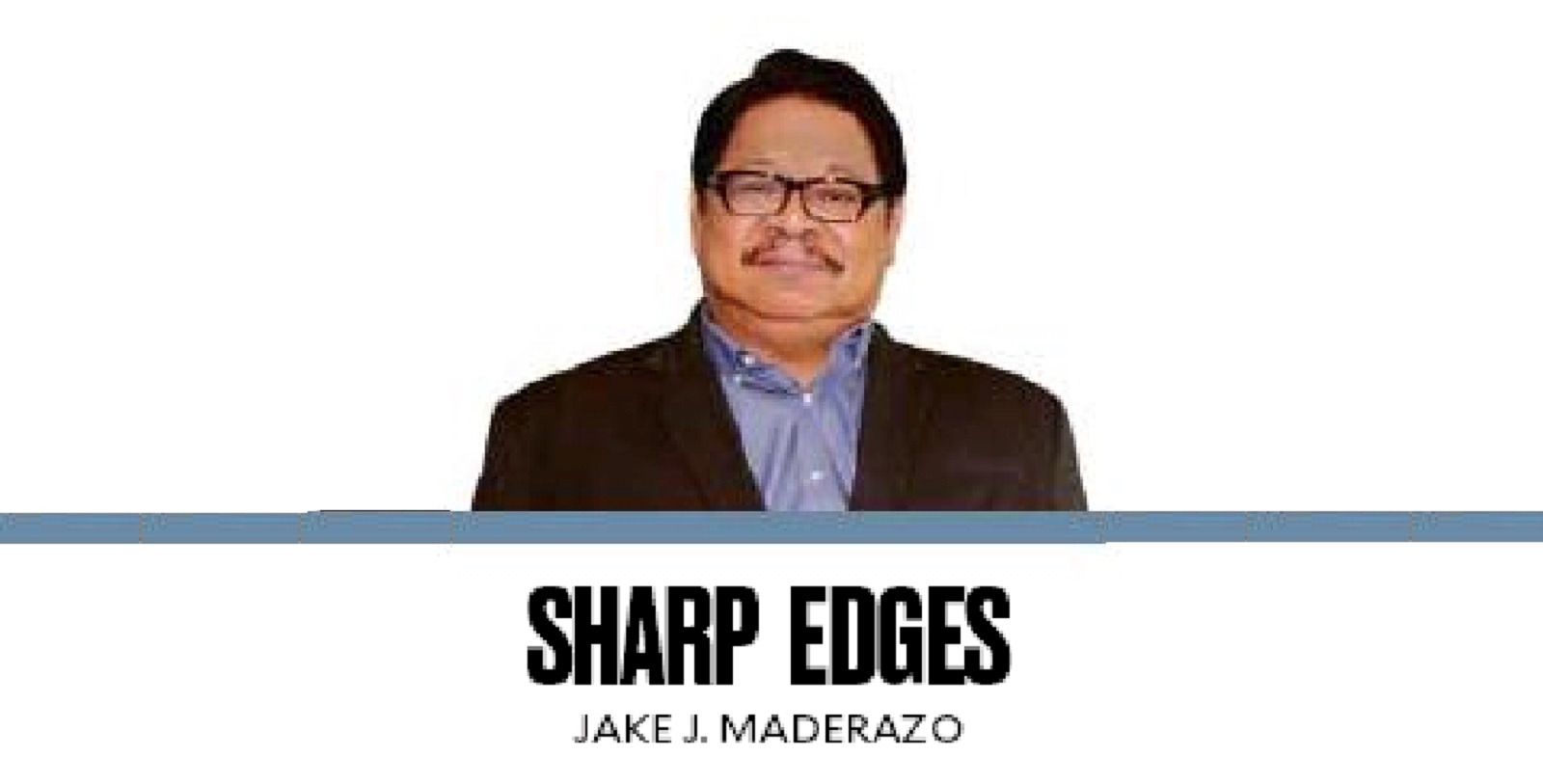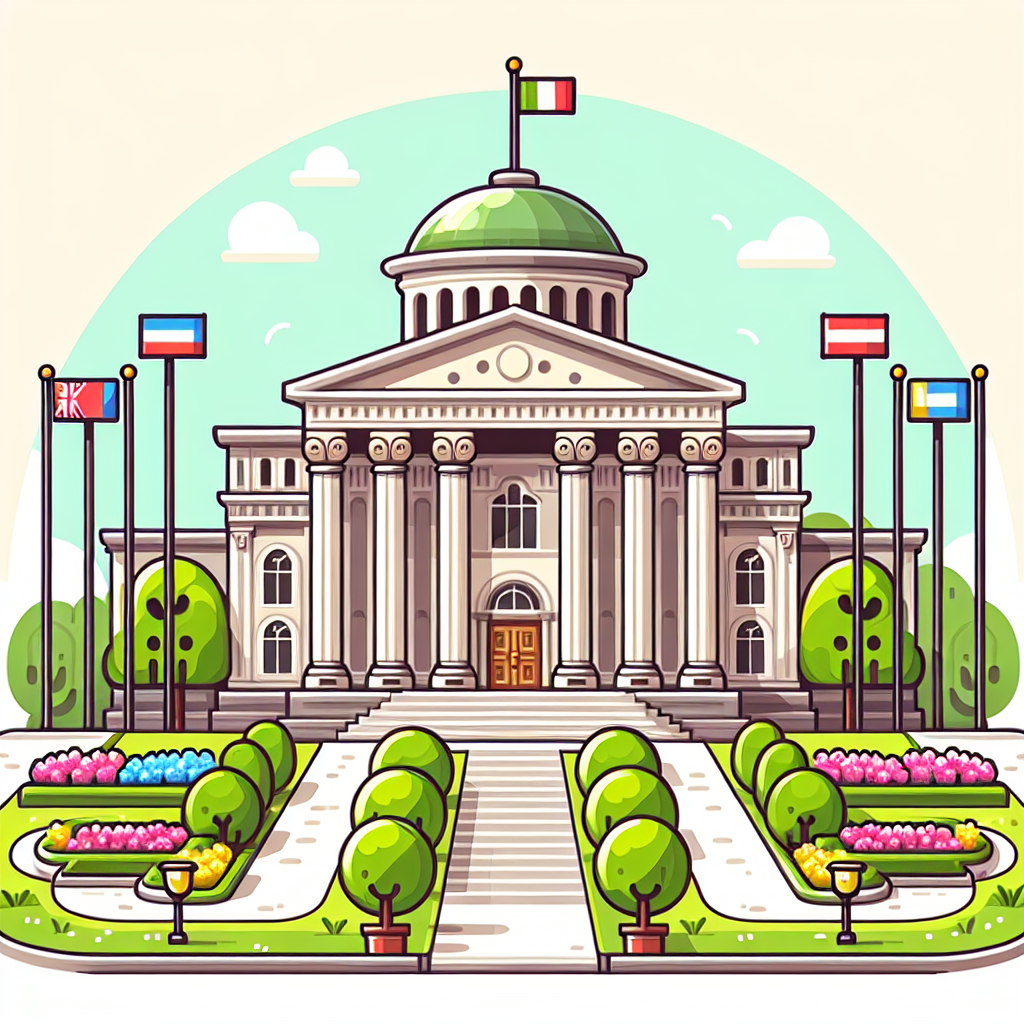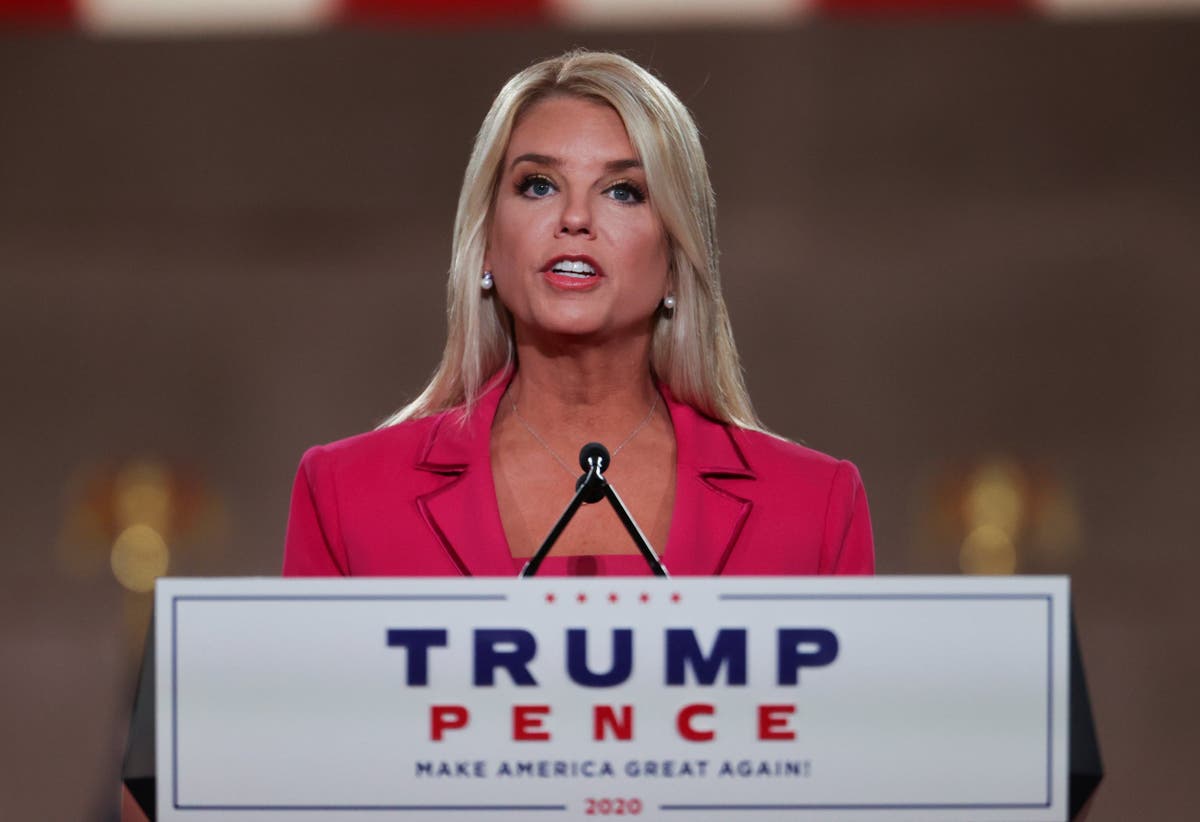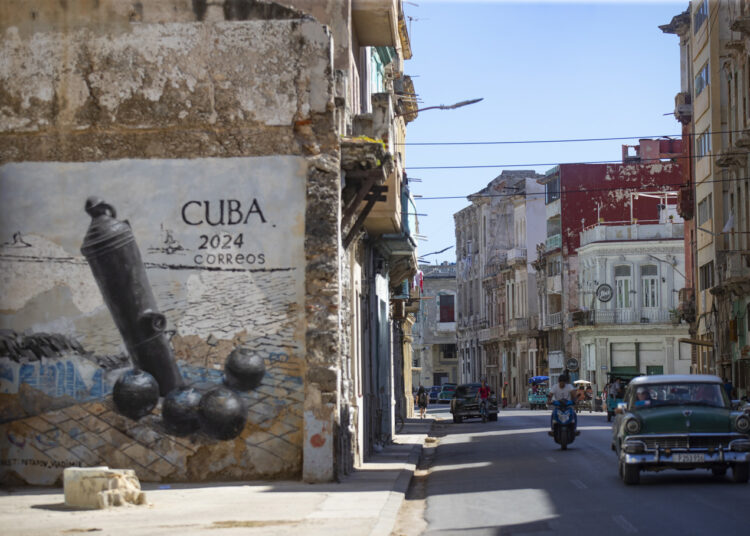
Forget the acronyms Davao Death Squad or the Duterte Die-hard Supporters of the past regime. The latest DDS stands now for Duterte Double Standard—a selective justice revealed in full during the House Quad Committee hearing which incriminated alleged drug kingpin and former Duterte presidential adviser, Michael Yang, and the former president himself as Yang’s paid protector. Earlier this week, when ACT Teachers party-list Rep.
France Castro confronted former president Rodrigo Duterte about Yang’s alleged ties to a warehouse of P3.6 billion worth of shabu, the former president, who once declared a war on drugs, chose to downplay it. His justification? Yang was simply a businessman he’d met at a ribbon-cutting ceremony, someone who, by implication, couldn’t be touched by the same deadly crackdown that targeted the poor and the powerless.
For years, Duterte’s war on drugs was ruthless, claiming thousands of lives, mostly from the destitute and defenseless. Suspected drug users and petty criminals were gunned down in the streets without trial. Relatives of the extra-judicial killings were present at the same hearing, facing Duterte and demanding justice for their kin’s deaths.
Duterte simply shrugged them off as unfortunate but necessary casualties. His message was clear: Crime deserved no mercy. Yet, when his close allies or well-connected associates come under fire, Duterte’s merciless approach softens into a kind of leniency, showing that in his justice system, some are more untouchable than others.
At Wednesday’s hearing, Duterte declared that he would kill Yang himself if the accusations were true. Yet Duterte’s words rang hollow. This performative bravado, a trademark of Duterte’s style, is hardly enough to answer the growing suspicion that his “war” wasn’t about eradicating drugs but about wielding power.
While ordinary Filipinos caught in the crossfire were dispensable, his response to Yang reveals a glaring double standard. At the same hearing, former senator Antonio Trillanes IV dropped a bombshell claiming that the “Duterte crime family” received billions in protection money from Chinese drug lords. This only deepens the perception of a Duterte Double Standard.
If true, Trillanes’s allegation would mean that Duterte’s drug war may have sheltered the very drug lords it supposedly targeted, proving that “justice” under Duterte is selective at best and evil at worst. When challenged, Duterte pivoted to his old tough-guy rhetoric—offering to kill Yang “personally.” But this worn-out claim doesn’t hide the glaring hypocrisy.
Why has he not stopped the proliferation of illegal drugs in the country? Why did he not arrest the big-time drug lords? Why did he even appoint Yang, a Chinese national, as his economic adviser? This selective morality shows that Duterte’s legacy has less to do with justice and more with reinforcing a system that strikes down the marginalized while sparing the powerful. It raises a disturbing question: was the war on drugs about protecting Filipinos or protecting Duterte’s circle? If anything, Duterte’s handling of the Yang allegations shatters any illusion of fairness. The rules under Duterte were never applied equally, and as the cracks in his war on drugs grow wider, it’s clear that DDS—the Duterte Double Standard, alongside the Davao Death Squad—are his truest legacies.
As a nation, a new paradigm for disaster resilience is emerging and it requires rethinking our approaches and instead proactively building our capabilities that empower people at the local level. Each storm reminds us of our fragility, yet it ultimately calls us to rise to the occasion—together. It is when we convene as a society, government, down to the barangay, acknowledging our collective strength, that the indomitable spirit of the Filipino shines brightest.
Though nature continue to challenge us, the heartbeat of this nation flows through our people. United, unwavering, and unyielding, their spirit of resilience against all odds continue to thrive, becoming our guiding beacon as we collectively navigate the storms of tomorrow. But as we respond to the aftermath of these recent typhoons, let us honor both the struggles and the triumphs of our communities who succeeded in minimizing casualties and damages.
Now is the time to demand effective policies that not only provide immediate relief but also lay the groundwork for sustainable resilience against future calamities. First, PAGASA and the LGUs must harness technology in enhancing disaster readiness and responses. In today’s digital age, mobile applications significantly enhance our ability to predict, prepare for, inform our people and together respond to natural disasters.
However, we must double time in disseminating vital information during these emergency situations, providing real time update about evacuations, shelters and assistance programs. We must have more social media platforms, outside the LGU, that can help facilitate “community collaboration” in organizing relief efforts quickly and efficiently. It is imperative that we create a culture of proactive involvement and rapid mobilization among all our citizens and LGUs in identified high risk disaster areas.
Again, I would like to reiterate an earlier suggestion in this column. With the deleterious effect of climate change worldwide and” abnormal” and successive arrival of strong typhoons in the country, our national government must FastTrack the creation of our version of the American Federal Emergency Management Agency (FEMA), highlighting government response to disasters and helping people BEFORE, DURING and AFTER such events. Subscribe to our daily newsletter By providing an email address.
I agree to the Terms of Use and acknowledge that I have read the Privacy Policy . Let’s do away with this ad hoc NDRRMC and immediately create a This new and PERMANENT Disaster Response Agency in our national and local government. This is a big must, and no more excuses please!.














